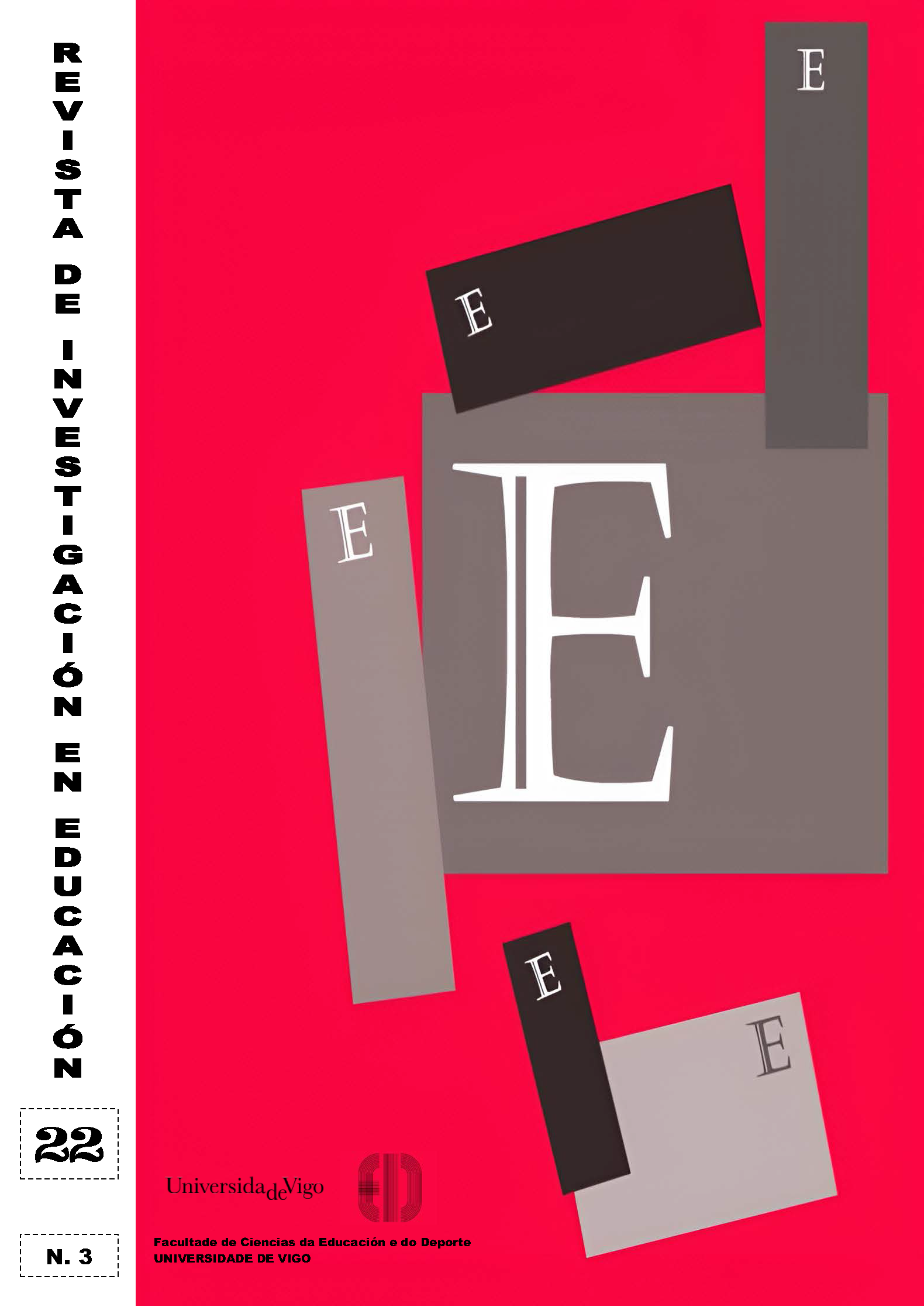¿Es posible conceptualizar la educación inclusiva? La necesidad de un lenguaje común y situado
DOI:
https://doi.org/10.35869/reined.v22i3.5760Palabras clave:
Educación Inclusiva, Análisis de Discurso, Comunidades de Práctica, ChileResumen
Inclusion in education is an international agreement. However, debates and inaccuracies still persist around its conceptual delimitations, especially in the school environment. The objective of this study was to analyze the meanings around the definition of inclusive education that management teams, teachers and non-teaching professionals have in schools with an inclusive seal in Chile. To achieve this, through a case study, a discourse analysis was conducted using interpretive repertoires from 40 interviews and 20 focus groups with school principals, teachers, and non-teaching professionals from four schools. The results show that, regardless of whether inclusion is an institutional seal, six conceptions predominate to understand inclusive education: (1) as education for all, (2) as a legal matter, (3) as a heterogeneous space, (4) as a value issue, (5) as a participatory activity and (6) as a rights approach. The discourse analysis allows us to conclude that inclusion takes the conceptual form of individual and institutional concerns according to the diversity of areas of action. Multidimensionality, therefore, is presented as a distinctive feature of inclusion in its conceptual nature. The results are discussed from the theoretical perspective of communities of practice.
Descargas
Publicado
Número
Sección
Licencia
Derechos de autor 2024 Revista de Investigación en Educación

Esta obra está bajo una licencia internacional Creative Commons Atribución-NoComercial-SinDerivadas 4.0.
El copyright de los artículos publicados pertenece a la Facultad de Ciencias de la Educación y del Deporte de la Universidade de Vigo. La aceptación del trabajo para su publicación implica que los derechos de impresión y reproducción serán propiedad de la Revista. La revista permite al autor depositar su artículo en su web o repositorio institucional, sin ánimo de lucro y mencionando la fuente original. Las condiciones de uso y reutilización de contenidos son las establecidas en la licencia Creative Commons CC BY-NC-ND 4.0 (Reconocimiento - No Comercial - Sin Obra Derivada).



